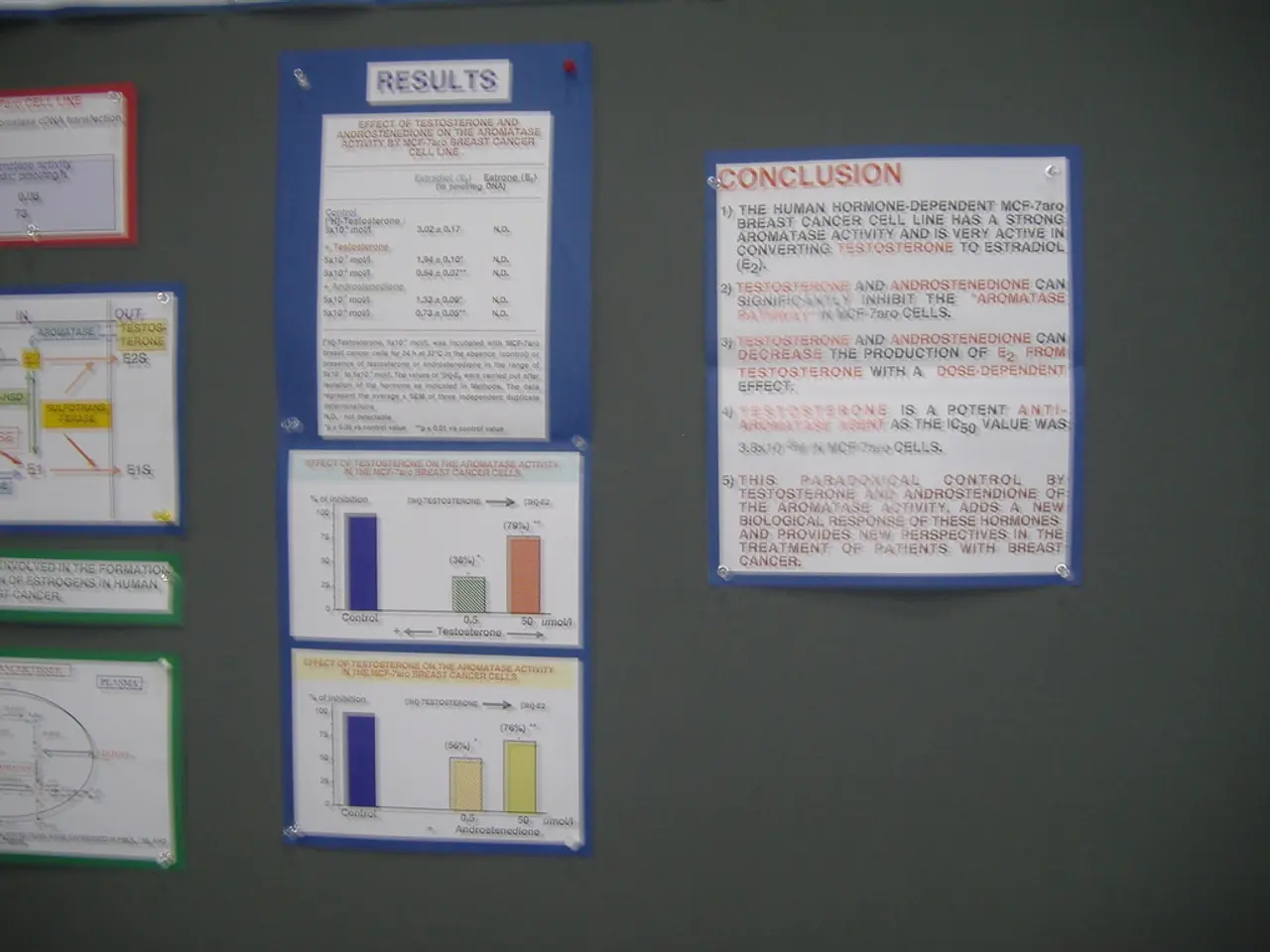Platform Tutorial Recap: Strategies for Crafting Emails and Letter Templates
In the realm of academic pursuits, effective communication is paramount. Fortunately, modern technology has made significant strides in simplifying this process, with platforms offering AI-powered tools designed to assist in generating professional emails and cover letters.
These platforms provide a host of features, including accurate academic translations, rewriting support, grammar checks, vocabulary suggestions, and generative AI assistance. For instance, Microsoft Word's AI cover letter generator, Canva's AI letter maker, and specialized cover letter builders like Resume-Now are excellent choices.
To get started, choose a platform that suits your needs. Then, select a relevant template or a blank letter/email format that fits your academic purpose, such as a cover letter for journal submission or an email to a professor. Next, input key information, ensuring you include all necessary details for your specific purpose.
Once you've input the information, utilise the platform's AI editing tools to check and correct spelling and grammar errors, and to get suggestions to improve clarity, professionalism, and tone. It's essential to customise the content to reflect your voice and specific situation while adhering to academic conventions.
For journal submissions, ensure you attach all required documents and upload proof of any reused content permissions if applicable. After making the necessary adjustments, download or directly send the polished email or cover letter in an appropriate format via your email or submission platform.
Platforms like Microsoft Word offer additional features such as real-time grammar and spell checking, document analytics, and helpful resources about journal guidelines on using generative AI tools and tips for researchers. Canva's Magic Write™ can generate draft letters based on your prompts and allows team collaboration for final review. Resume-Now supports ATS-friendly formatting, which, while less critical in academic contexts, can be useful when applying for academic-related jobs or fellowships.
Premium features on these platforms include consistency, plagiarism, and 30+ submission readiness checks, which can be accessed for a monthly fee starting at US$19. The platforms also provide video resources, such as a webinar on how to use AI to enhance college essays and theses.
In essence, these platforms streamline the process of generating professional, well-structured emails and cover letters by providing customizable AI templates, editing assistance, and easy downloading—all essential for effective academic communication. Always remember to personalise the AI-generated drafts to maintain professionalism and relevance.
- To excel in academic writing, you can leverage technology by utilizing platforms that offer academic translation services and language editing assistance, ensuring your work is accurately communicated in various languages.
- For those seeking writing support in the realm of academic work, AI-powered tools can provide journal submission guidance, offering rewriting support, grammar checks, and even generating a cover letter for your submission.
- In addition to simplifying the process of academic writing, these platforms can help make your work submission-ready, providing plagiarism checks, document analytics, and resources on academic conventions and guidelines.
- To further enhance learning and self-development, some platforms offer additional educational resources, such as webinars on using AI to elevate college essays and theses, showcasing the multifaceted benefits of integrating technology in education-and-self-development.




